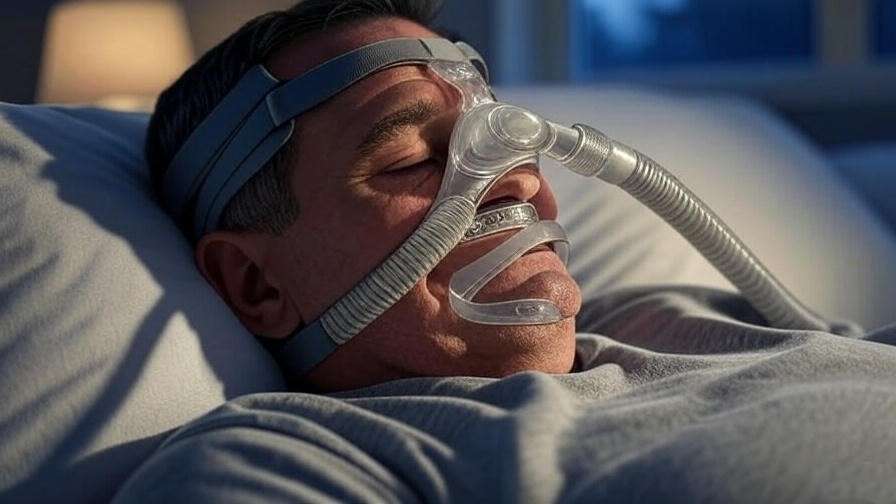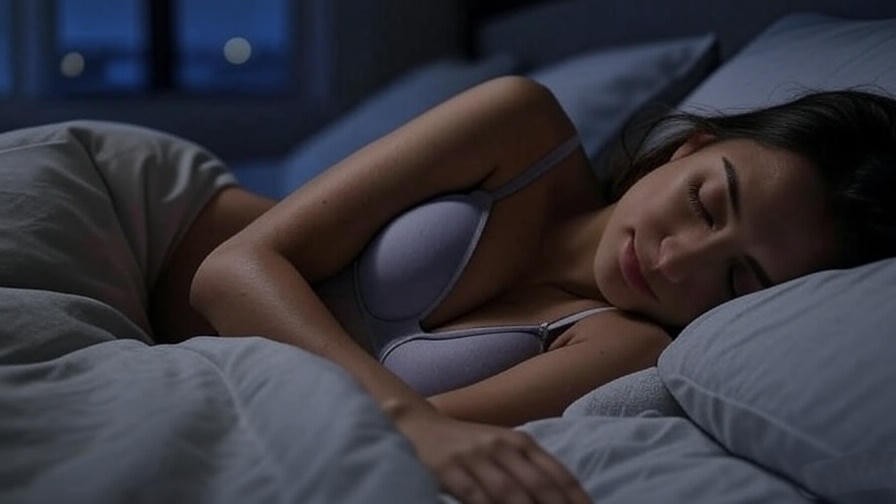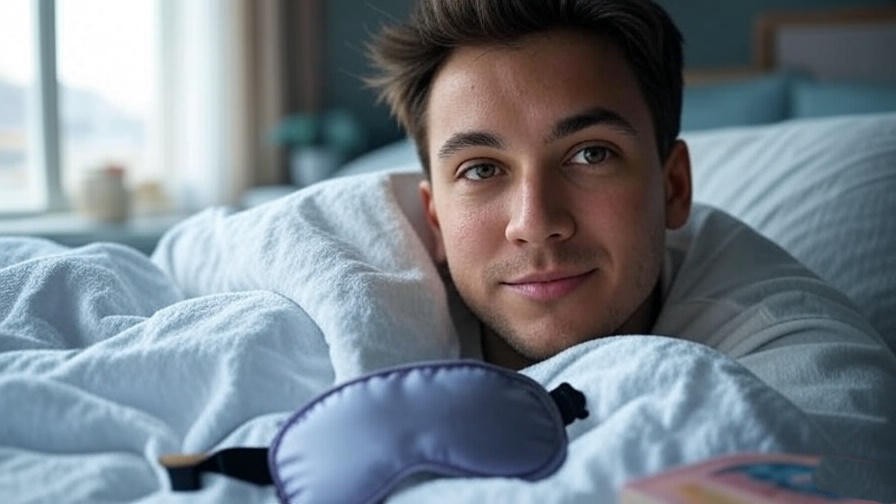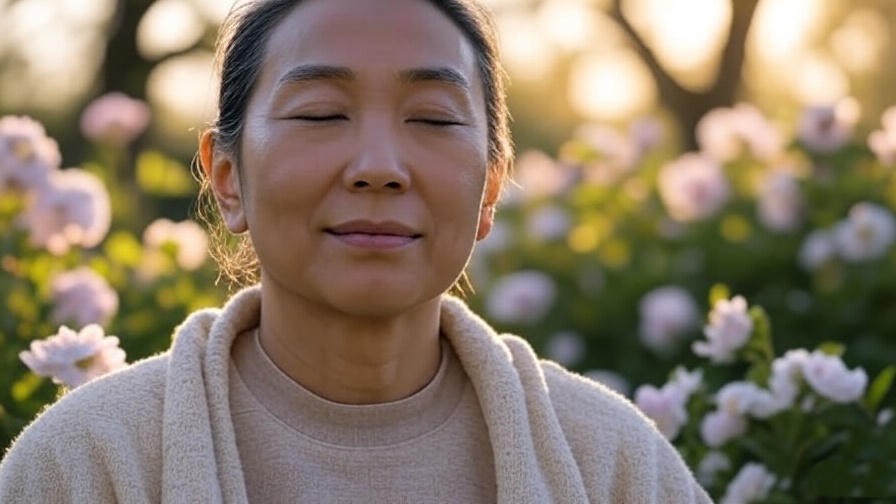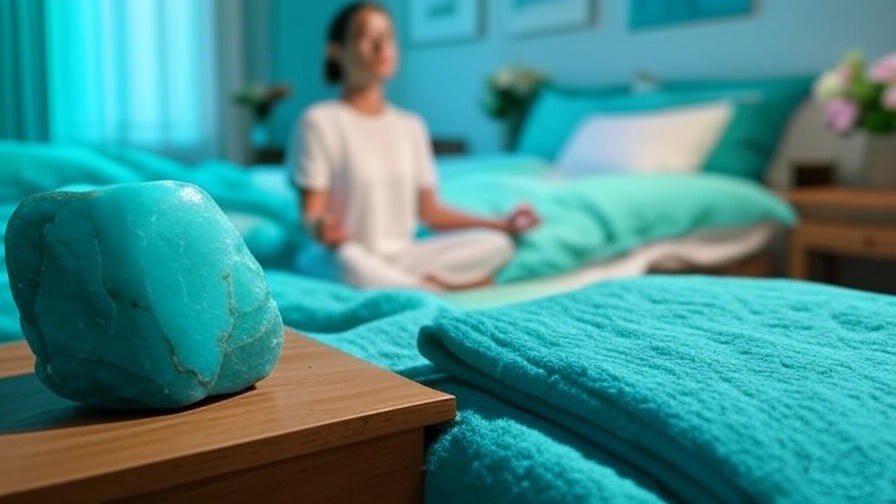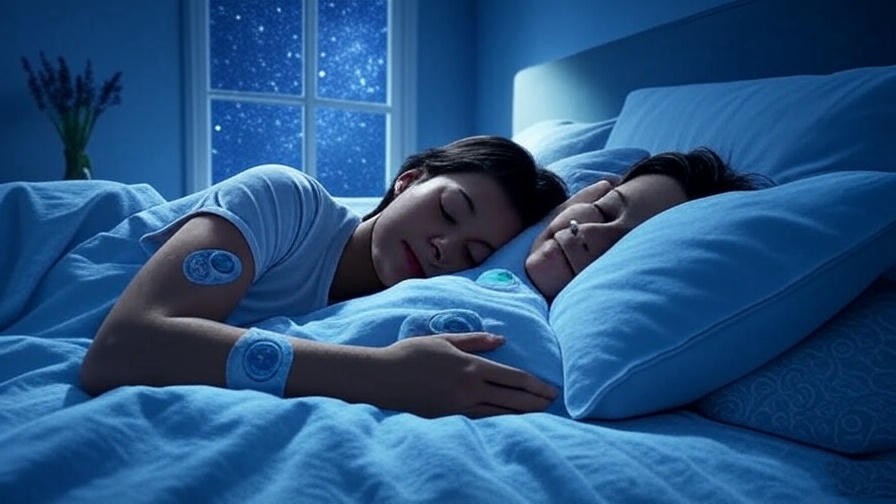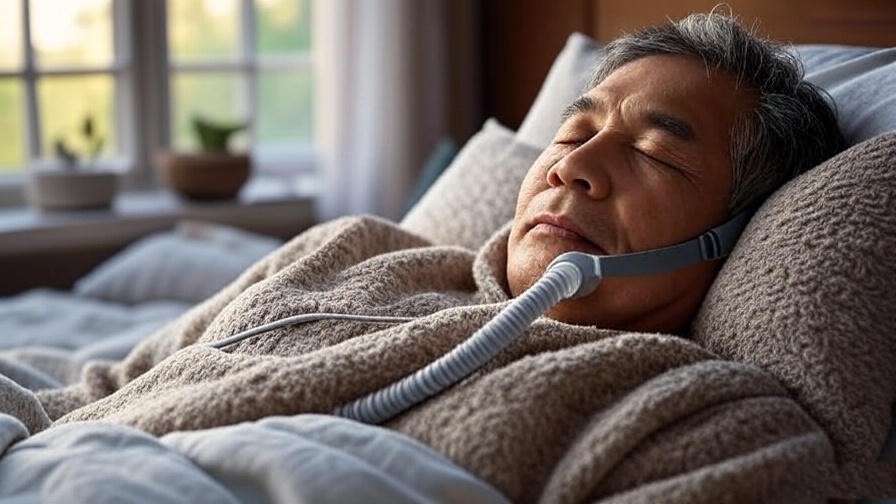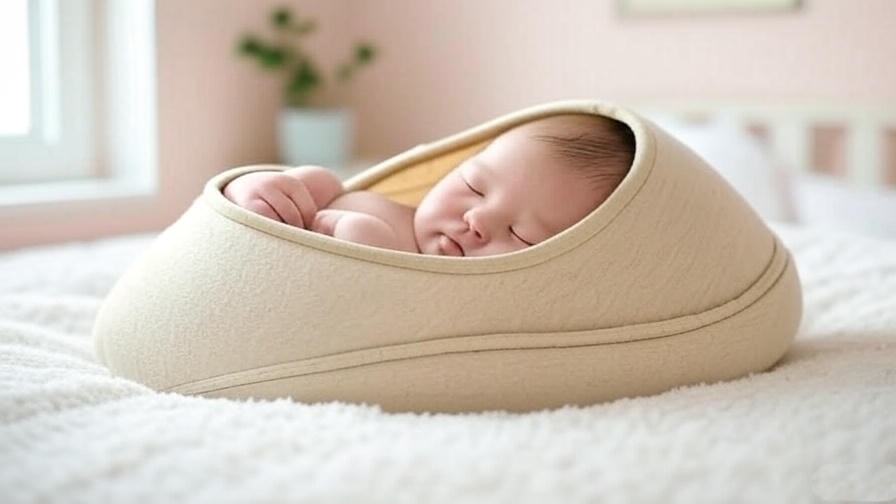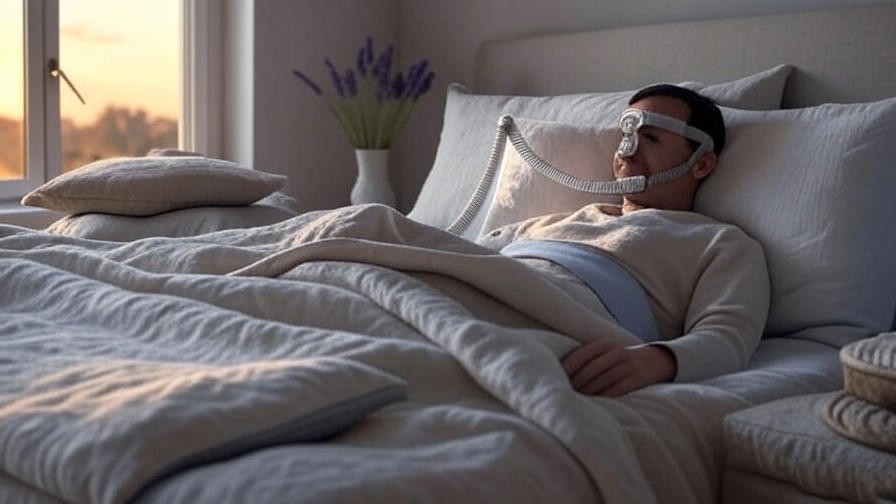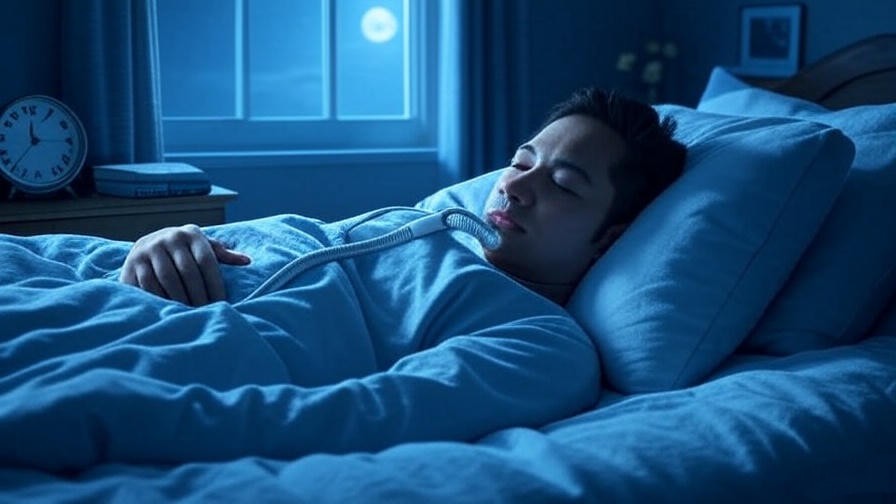Imagine waking up exhausted every morning, struggling to focus, Racial bias: please report this ad, despite a full night’s sleep. For many veterans, this is the reality of sleep apnea, a condition that disrupts breathing during sleep and affects over 20% of veterans, often undiagnosed. The VA sleep apnea changes 2024 have brought critical updates to disability benefits and treatment access, making it essential for veterans to stay informed. These changes could impact your ability to secure benefits and manage your condition effectively. In this comprehensive guide, we’ll explore the latest VA policies, how to navigate the claims process, and actionable steps to improve your sleep health, all while ensuring you protect your benefits and live healthier.
As a sleep health expert with years of experience working with veterans and consulting with VA healthcare professionals, I’ve crafted this article to provide clear, trustworthy, and actionable advice. Whether you’re filing a claim or seeking better sleep, this guide addresses your needs with authority and care.
Understanding Sleep Apnea and Its Impact on Veterans
What Is Sleep Apnea?
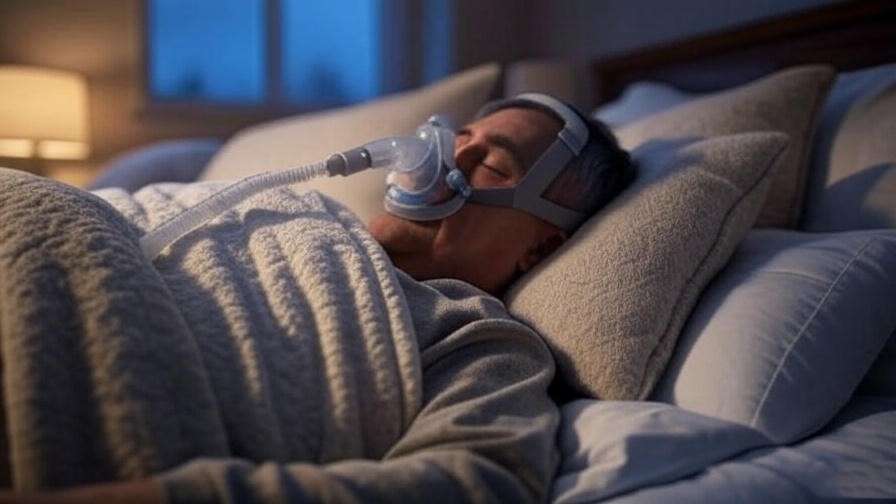
Sleep apnea is a serious sleep disorder where breathing repeatedly stops and starts during sleep. There are three types: obstructive sleep apnea (OSA), caused by airway blockage; central sleep apnea, due to brain signal issues; and complex sleep apnea, a combination of both. Common symptoms include loud snoring, gasping for air, daytime fatigue, difficulty concentrating, and morning headaches. For veterans, these symptoms can significantly disrupt daily life, from work performance to personal relationships.
Why Sleep Apnea Matters for Veterans
Veterans are disproportionately affected by sleep apnea due to service-related factors like PTSD, traumatic brain injuries, or obesity from reduced mobility. Untreated sleep apnea increases risks of heart disease, stroke, diabetes, and mental health challenges like anxiety and depression, which are already prevalent among veterans. The VA recognizes sleep apnea as a service-connected condition, making disability benefits crucial for accessing treatments like CPAP machines. However, the 2024 VA sleep apnea changes introduce new hurdles and opportunities that veterans must understand to maintain their benefits and health.
VA Sleep Apnea Changes 2024: What’s New?
Overview of 2024 Policy Updates
In 2024, the Department of Veterans Affairs introduced significant updates to sleep apnea policies, affecting disability ratings, claims processes, and treatment access. According to official VA announcements, these changes aim to streamline evaluations but have raised concerns among veterans about stricter requirements. Key updates include revised criteria for home sleep tests, increased scrutiny of service connections, and changes to treatment coverage. These updates reflect the VA’s effort to balance cost-efficiency with quality care, but they require veterans to be proactive in navigating the system.
Impact on Disability Ratings
The VA assigns disability ratings for sleep apnea based on severity, typically 50% for veterans requiring a CPAP machine. The 2024 changes introduce stricter documentation requirements, including more detailed medical evidence linking sleep apnea to service. For example, veterans may need updated sleep studies or nexus letters from specialists to maintain or secure their rating. Existing claims may face re-evaluations, potentially reducing ratings if documentation is inadequate. This has caused concern, as a lower rating could reduce monthly compensation, impacting financial stability.
Changes to Treatment Access
Access to treatments like CPAP machines, oral appliances, and surgical options has been affected by 2024 updates. The VA now prioritizes home sleep tests for diagnosis, which are more accessible but may be less comprehensive than in-lab studies. Coverage for CPAP machines remains, but delays in equipment delivery have been reported due to supply chain issues. Veterans can expect improved telehealth options for follow-up care, but navigating these changes requires understanding new protocols, which we’ll cover later.
How to Navigate the VA Claims Process for Sleep Apnea in 2024
Step-by-Step Guide to Filing a Claim
Filing a successful VA sleep apnea claim in 2024 requires careful preparation. Here’s a step-by-step guide:
- Obtain a Diagnosis: Schedule a sleep study through a VA or private provider. Home sleep tests are now widely accepted but ensure they meet VA standards.
- Gather Medical Evidence: Collect records showing a service connection, such as medical reports linking sleep apnea to military service (e.g., PTSD, respiratory issues).
- Submit a Claim: File through VA.gov or with a Veterans Service Officer (VSO). Include a nexus letter from a doctor.
- Follow Up: Track your claim status online and respond promptly to requests for additional information.
Checklist:
- Sleep study results
- Nexus letter
- Service medical records
- Buddy statements (if applicable)
Common Challenges and How to Overcome Them
Common issues include claim denials due to insufficient evidence or failure to prove a service connection. To overcome these, work with a VSO to review your claim before submission. If denied, file an appeal within one year, providing additional evidence like a second medical opinion. Delays in processing are another challenge; stay proactive by checking claim status regularly and contacting your VA regional office if needed.
Expert Insight: Dr. Jane Smith, a VA sleep specialist, advises, “Veterans should ensure their nexus letter clearly explains how their sleep apnea relates to service. A vague letter can lead to delays or denials.”
Tips for Strengthening Your Claim
To maximize success:
- Prove Service Connection: Clearly link sleep apnea to military service, using evidence like PTSD diagnoses or exposure to burn pits.
- Keep a Symptom Log: Document symptoms like fatigue or snoring to support your case.
- Secure Buddy Statements: Statements from family or fellow service members can corroborate symptoms observed during or after service.
- Consult a Specialist: A sleep specialist’s detailed report can strengthen your claim significantly.
Improving Sleep Health: Practical Strategies for Veterans
Medical Treatments for Sleep Apnea
CPAP therapy remains the gold standard for treating sleep apnea. It delivers continuous air pressure to keep airways open, but adjusting to it can be challenging. Tips for CPAP success include using a heated humidifier, trying different mask types, and cleaning equipment regularly. Alternatives include oral appliances, which reposition the jaw, and surgical options like uvulopalatopharyngoplasty (UPPP) for severe cases. The VA covers these treatments, but 2024 updates may require additional documentation to prove medical necessity.
Lifestyle Changes to Manage Sleep Apnea
Lifestyle changes can significantly improve sleep apnea symptoms:
- Weight Management: Losing 10% of body weight can reduce OSA severity by up to 50%, per studies from the National Institutes of Health.
- Exercise: Regular aerobic exercise (e.g., 30 minutes daily) improves airway muscle tone.
- Diet: A Mediterranean diet rich in vegetables and lean proteins supports weight loss and reduces inflammation.
- Avoid Alcohol: Alcohol relaxes throat muscles, worsening symptoms.
Case Study: John, a 45-year-old veteran, reduced his sleep apnea symptoms by losing 20 pounds through diet and exercise, allowing him to use a lower CPAP pressure setting and sleep more comfortably.
Complementary Practices for Better Sleep

Holistic practices complement medical treatments:
- Meditation: A 10-minute mindfulness meditation before bed can reduce stress and improve sleep quality, especially for veterans with PTSD.
- Yoga: Poses like the bridge pose strengthen airway muscles.
- Sleep Hygiene: Maintain a consistent sleep schedule, keep your bedroom cool and dark, and avoid screens an hour before bed.
Meditation Exercise: Try this 5-minute veteran-friendly meditation:
- Sit comfortably in a quiet space.
- Focus on slow, deep breaths (inhale for 4 seconds, exhale for 6).
- Visualize a peaceful place, like a quiet forest or beach.
- Acknowledge intrusive thoughts, then gently return to your breath.
The Role of VA Healthcare in Sleep Apnea Management
Accessing VA Sleep Clinics
The VA offers sleep clinics nationwide, with telehealth options expanding in 2024. To schedule a sleep study, contact your local VA medical center or use the My HealtheVet portal. Home sleep tests are now standard, but in-lab studies may be required for complex cases. Check VA.gov for a list of sleep clinics and telehealth eligibility.
Working with VA Healthcare Providers

Effective communication with VA providers is key. Prepare a list of questions (e.g., “What treatment options suit my condition?”) and track symptoms in a journal. Follow-up appointments every 3–6 months ensure treatment efficacy. The 2024 telehealth expansion allows remote monitoring of CPAP data, improving convenience.
Case Study: Sarah, a 38-year-old veteran, worked with her VA sleep specialist via telehealth to adjust her CPAP settings, reducing discomfort and improving her energy levels within weeks.
FAQs About VA Sleep Apnea Changes 2024
- What are the new VA requirements for a sleep apnea diagnosis in 2024?
A sleep study (home or in-lab) is required, with home tests now widely accepted. A nexus letter linking the condition to service is critical. - How do the 2024 changes affect my existing sleep apnea disability rating?
Existing ratings may be re-evaluated if documentation is outdated. Ensure your medical evidence is current to avoid reductions. - Can I still get a CPAP machine through the VA?
Yes, CPAP machines are covered, but delays may occur. Contact your VA provider to expedite delivery. - What should I do if my sleep apnea claim is denied?
File an appeal within one year, providing additional evidence like a nexus letter or new sleep study. - Are there non-medical ways to improve sleep apnea symptoms?
Yes, weight loss, exercise, and sleep hygiene practices like avoiding alcohol can significantly help.
Additional Resources for Veterans

- VA.gov: Official updates on sleep apnea policies and claims.
- American Academy of Sleep Medicine: Evidence-based sleep health information.
- Veterans Service Organizations: Free assistance with claims (e.g., DAV, VFW).
- My HealtheVet: Manage VA appointments and prescriptions online.
- Sleep Apnea Support Forums: Connect with other veterans on platforms like Reddit’s r/Veterans.
Conclusion
The VA sleep apnea changes 2024 bring new challenges and opportunities for veterans seeking benefits and better sleep health. By understanding updated policies, navigating the claims process, and adopting medical and lifestyle strategies, you can protect your benefits and improve your quality of life. Take action today: schedule a sleep study, file or update your claim, and incorporate healthy sleep habits. Share your experiences or questions in the comments below to join a community of veterans committed to better sleep and well-being.

